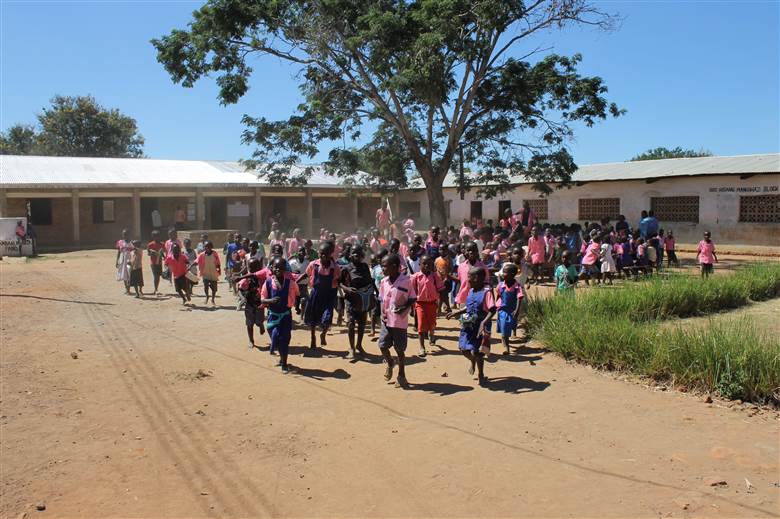Malawi school to benefit from water-saving dye process
15/01/2020

The scheme was set up to ‘donate’ the water saved in 2019 using an innovative dye process that uses foam to disperse dye on to indigo, rather than water.
Tejidos worked with machinery maker Gaston Systems and consultancy Indigo Mill Designs for more than a decade on its pioneering Dry Indigo technology. This has allowed it to eliminate the use of water from the indigo thread dyeing process, which is an important milestone in the textile industry. In addition, it allows a 65% reduction in energy use during manufacture, it uses 89% fewer chemicals and it eliminates wastewater.
One Million Litres is Tejidos Royo’s first initiative to raise awareness of how changing one part of the manufacturing process not only makes a big difference to the industry but also contributes to a good cause.
Jose Rafael Royo, a member of Royo's board, said: “We committed to investing years of work in the development of Dry Indigo which, without doubt, opens up a fantastic path for the whole textile industry towards sustainability.
“The One Million Litres initiative was devised as a meeting point to raise awareness among end consumers and the rest of the industry, and we are very proud to have launched this small but significant call for awareness that we hope will produce a loud international echo.”
The public were asked to vote for projects that could use the water saved and Chakaka Primary School was decided by a panel. Its nearest well is 500 metres away, and the amount of water it provides is not enough for the more than 1,500 boys and girls at the school, as the well is shared with a large local community.
The project aims to resolve these problems by drilling a new well and installing a pump that ensures a permanent supply of drinking water at the school. As a result, the school will have all the water it needs for drinking and cooking, as well as to clean the classrooms, toilets and kitchens, thereby improving hygiene and sanitation which is necessary in order to prevent the spread of diseases. It will also improve quality of life for 50 girls who stay at the school from Monday to Friday because their homes are far away.










